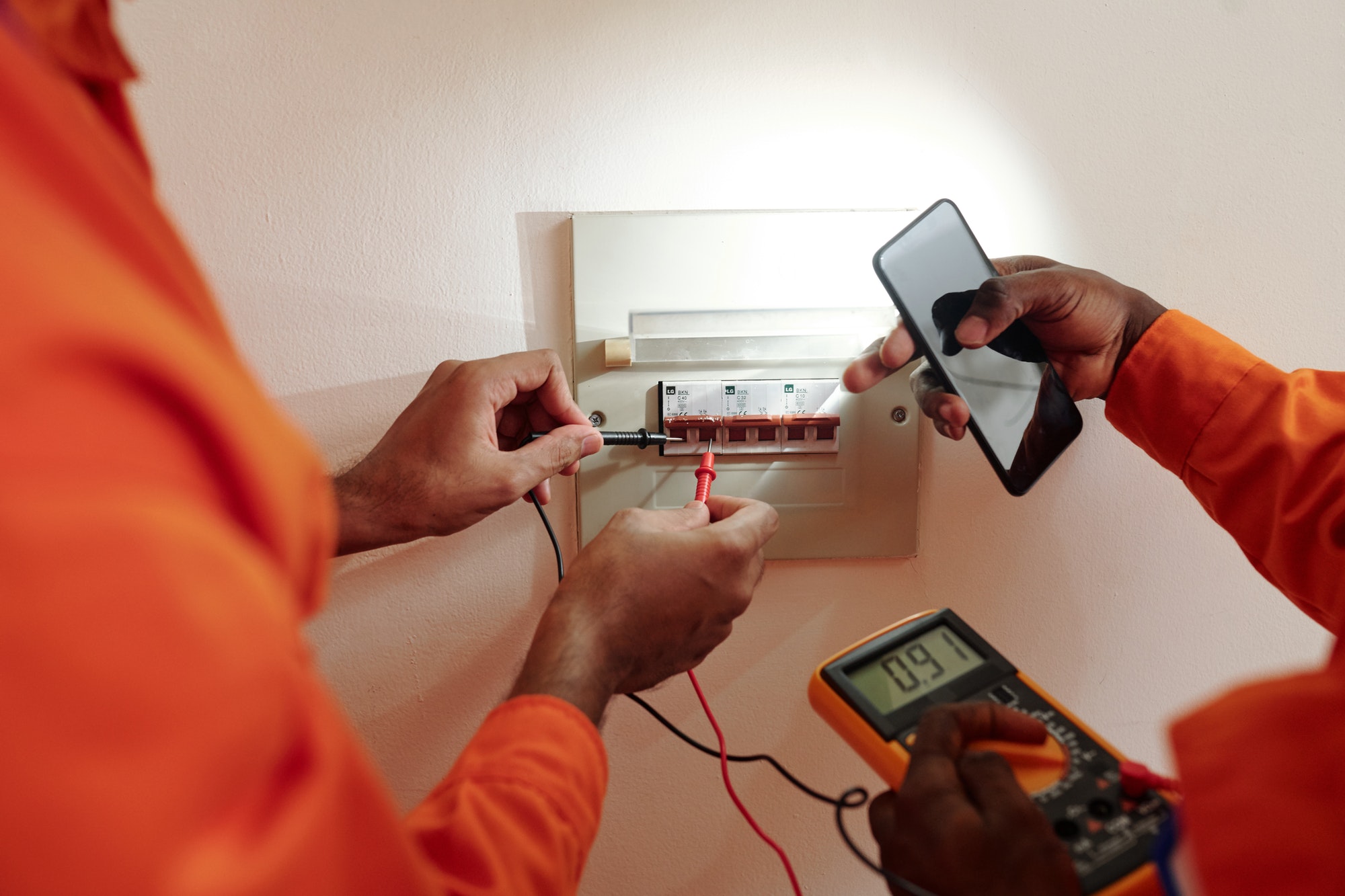Deciding whether to repair or replace your electric water heater can be a challenging decision. While repairs may seem like a cost-effective solution in the short term, replacing an old or malfunctioning water heater could offer long-term benefits in terms of energy efficiency, reliability, and performance. Here are some factors to consider when making the right choice for your electric water heater:
- Age of the Water Heater: The age of your water heater is a critical factor in determining whether to repair or replace it. Most electric water heaters have a lifespan of around 10-15 years. If your water heater is approaching or exceeding this age range and experiencing frequent problems, it may be more cost-effective to replace it rather than investing in costly repairs.
- Extent of Damage: Consider the nature and extent of the damage to your water heater. Minor issues such as a leaking valve or a faulty thermostat can often be repaired relatively easily and affordably. However, if your water heater has significant corrosion, leaks, or structural damage, it may be more practical to replace it, especially if the repairs would be costly and only provide a temporary solution.
- Repair Costs vs. Replacement Costs: Compare the cost of repairing your water heater with the cost of replacing it with a new one. In some cases, the cost of repairs may be relatively low and worth the investment to extend the lifespan of your water heater. However, if the repair costs are approaching or exceeding 50% of the cost of a new water heater, it may be more economical to replace it.
- Energy Efficiency: Older water heaters tend to be less energy-efficient than newer models, resulting in higher utility bills and increased energy consumption. If your water heater is several years old and showing signs of inefficiency, upgrading to a new, energy-efficient model could save you money in the long run and provide better performance and reliability.
- Warranty Coverage: Consider whether your water heater is still under warranty and whether the warranty covers the necessary repairs. Keep in mind that attempting DIY repairs or hiring an unqualified technician could void your warranty. If your water heater is still under warranty and the repairs are covered, it may be worth pursuing the repair option.
- Future Needs: Think about your future hot water needs and whether your current water heater can meet them effectively. If your household has grown or you anticipate an increase in hot water demand, upgrading to a larger or more powerful water heater may be necessary. Similarly, if you’re planning to sell your home in the near future, a new water heater could be a selling point for potential buyers.
In summary, when deciding whether to repair or replace your electric water heater, consider factors such as the age of the water heater, extent of damage, repair costs vs. replacement costs, energy efficiency, warranty coverage, and future needs. Ultimately, the right choice will depend on your specific circumstances, budget, and preferences. If you’re unsure about which option is best for you, consult with a qualified plumber or HVAC technician for expert advice and assistance.







